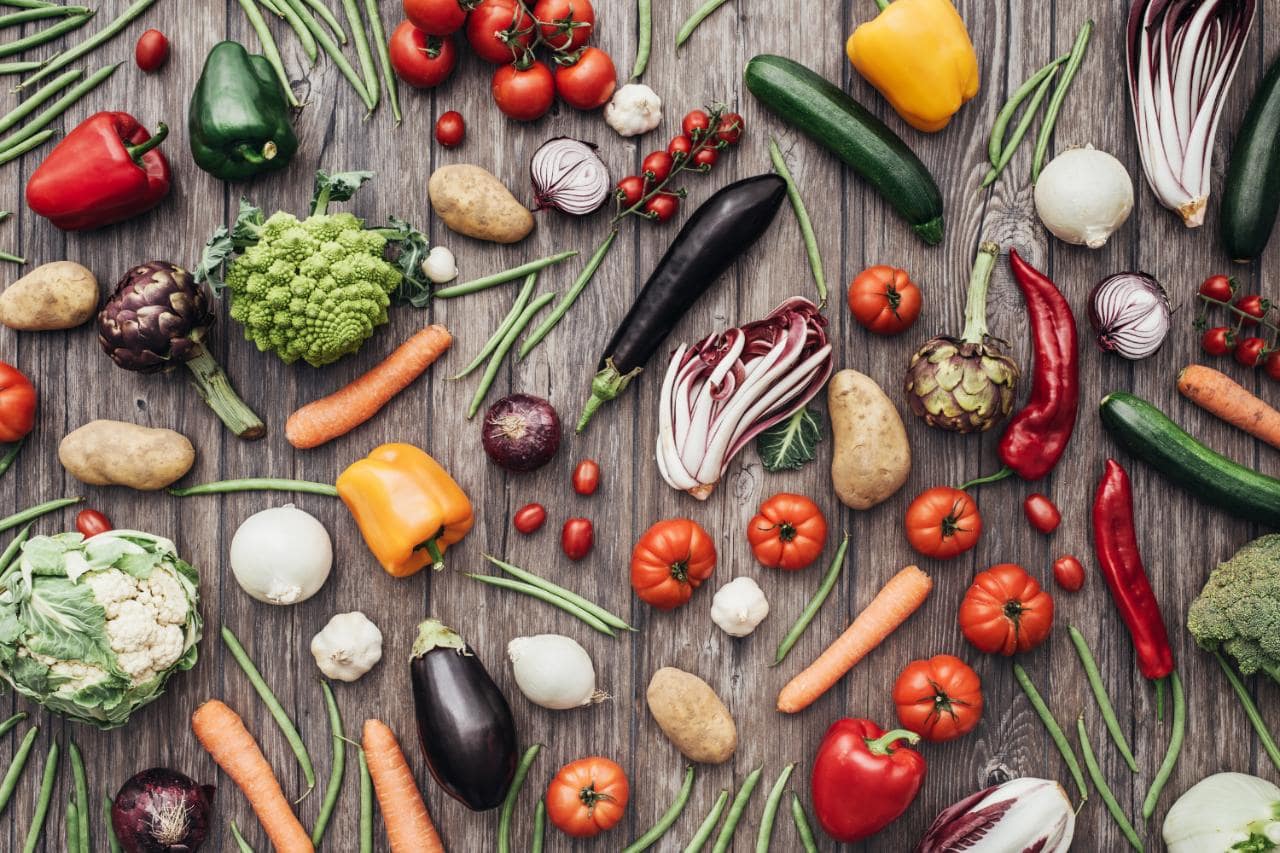Are you a vegetarian about to embark on a trip? You are undoubtedly excited about all the things you are going to do and see, but you might also be nervous about what you are going to eat. At home, you have your routine, trusted restaurants, favorite grocery stores, and inside knowledge of how to eat a meat-free diet (and dairy-free if you’re vegan). You’re about to head to a place you do not know well, if at all, though—what if you cannot figure out how to maintain your diet?
Not to worry—vegetarians like Eric Cody Moxam affirm that it is definitely possible to eat a vegetarian diet abroad. Not only are vegetarians found worldwide, most cultures have a few meatless dishes you are free to enjoy. If you’re still unsure about what you’re going to eat, especially if you will be on the move a fair amount, here are a few tips for eating vegetarian while traveling:
Research the food beforehand
One of the most important things you can do is research the local culture’s food before you arrive. How popular is meat there? What are people’s attitudes toward it, and how many dishes are available that are meatless? Are there ways you can remove meat from traditional dishes?
If you know what to expect, you’ll be more prepared. For instance, some ramen soups in Japan are served with meat, but you can also order it without. Even if many main-dishes are made with animal products, you can still enjoy vegetarian-friendly side dishes. Don’t resort to eating only at American-owned restaurants that you are familiar with—food is an integral part of culture, and you are there to experience everything? How great will your experience be if you don’t partake in local food?
Find vegetarian-friendly restaurants
Fortunately, vegetarian and vegan-friendly restaurants are everywhere. You might have to do a little internet searching, but such establishments are becoming increasingly popular. An advantage of this is that locally-owned restaurants should have meatless versions of their culture’s own cuisine, so you can taste a little bit of everything on the menu.
Prepare your own meals
If you are staying for an extended period of time, feel free to cook a few of your own meals. Make sure that your accommodations have a kitchen (even some hostels have kitchens, and you can label and store your food in community refrigerators) and find the nearest grocery stores. Many grocery stores are similar to the ones you are used to, so you shouldn’t have a problem buying meat-free goods and making meals for yourself. You can even take a local cooking class and use it for inspiration for what to prepare.
Bring lots of snacks with you
You will have to prepare for times when meatless food is not available, though. Bring lots of plant-based snacks with you. Not only will you have quick sustenance when you need it after a long day of traveling or walking around, but you’ll also have something to substitute if your companions decide to dine at an establishment that has no vegetarian-friendly options. Dried fruits, nuts, energy bars, and other snacks are convenient things to carry around with you when the need arises.
Learn to communicate with servers
It’s essential to be able to communicate with servers at restaurants about your diet. Learn pieces of the local language so that you can inquire about meatless dishes or request that meat be omitted from something. The idea of vegetarianism might be unusual to some people (some cultures may interpret “vegetarian” to mean no red meat in particular, not no meat at all), so find a way to say what you mean.
Ask the locals
Vegetarians are found everywhere, so ask locals how they do it! Local vegetarians are sure to have plenty of insight and advice, so listen closely and try some of their favorite meals. If there will be a language barrier, you can reach out to them online or communicate through someone multilingual.
Bring containers
Did you successfully find a vegetarian meal at a restaurant, but it was too much to finish? Bring along a container so that you can have leftovers the next day. Containers are also a good idea for packing food you make yourself. Not wasting anything will spare you frustration and (hopefully) hunger.
Don’t forget to be healthy
Of course, don’t neglect to eat healthily. Even if you’re on vacation, you still need to take care of your body, so don’t resort to unhealthy foods simply because they’re meatless.
There might be a few dishes you need to avoid, but it is entirely possible to maintain a vegetarian diet while traveling and have fun partaking in another culture’s cuisine.
